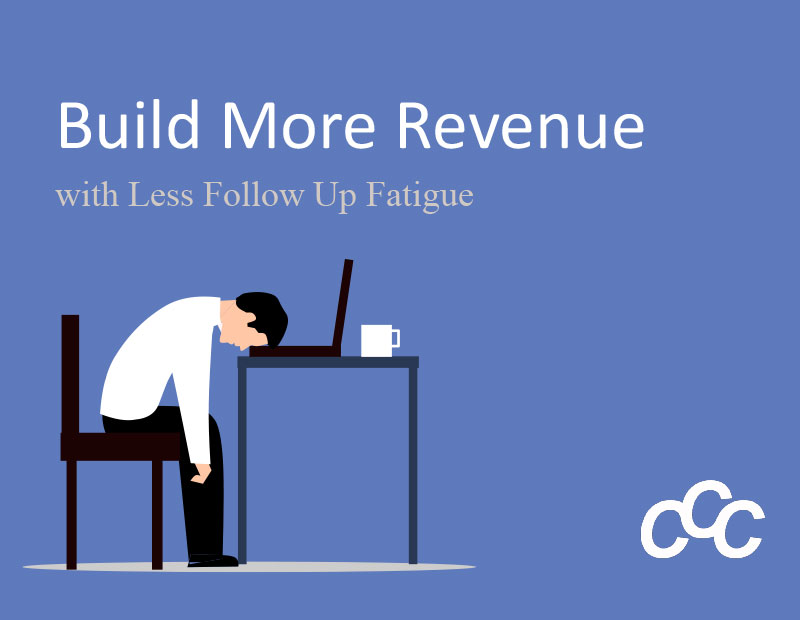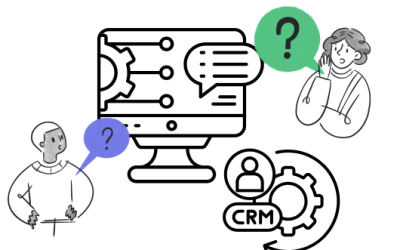Are you considering implementing a new CRM system in your business? Before doing so, it’s important to know that a CRM doesn’t just benefit your relationships with customers and prospects. It also supports communication among your team. Regardless of the industry, most of your staff will somehow be involved in your CRM system – reaching out to customers, building relationships, and nurturing leads. So, it’s a good idea to get your entire team on board in the CRM implementation process. Here are 4 key components for a successful CRM implementation:
Upper Management Support –
It’s important that your top executive’s buy-in, which will show commitment and foster teamwork. So how do you do that? It’s about showing the need for change, tying the CRM system to the company’s goals, and collaborating with upper management throughout the complete implementation process.
Proper Planning –
It’s a good idea to start with a detailed plan that visibly articulates your vision and goals, which should demonstrate a clear line to your company’s success. During the planning process, meet with stakeholders and document their requirements. You can then come up with a prioritized list of initiatives and actions to set up a project timeline.
Appropriate Implementation –
Three things are needed: the right people, the correct approach, and ongoing communication. Your team should consist of an executive sponsor, important stakeholders, and a project manager. Of course, your technology vendor should be part of the team to provide recommendations or answer questions as needed.
Although difficult at times, managing change is an integral part of CRM implementation. Start with gradual stages so that employees won’t feel frustrated and allow them to provide feedback throughout the process. As always, communication is crucial, to ensure user engagement. And the project manager should always keep the team “informed,” as changes are being made.
Effective Training –
Since almost the entire company will be involved with the CRM system, effective training is critical before employees start using the system. This will allow you to demonstrate how the CRM system works and teach your staff to perform tasks relative to their work. This will also be an opportunity to establish best practices and show how the system supports your company’s goals. And remember that ongoing training will ensure that your employees perform at peak level.
In summary, with executive support, proper planning, and staff training, a successful CRM implementation that fits into your company’s processes and infrastructure can certainly move your company towards deliverable results.
If you would like to know more, please contact us.





